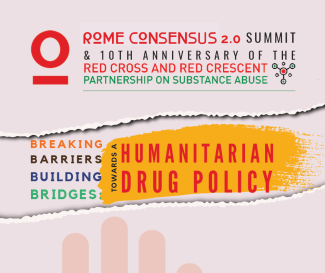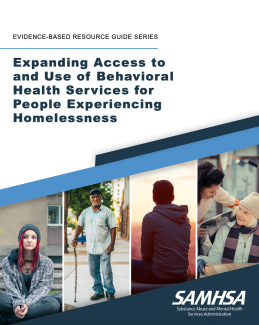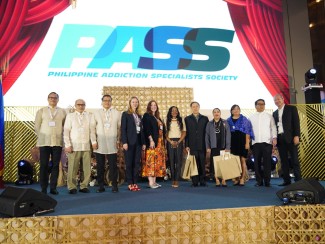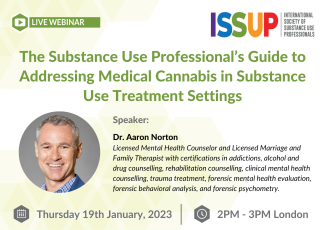CONTEXTE : La mise en œuvre de normes de qualité dans le traitement des troubles liés à l’utilisation de substances en Lituanie n’est pas bien documentée dans la littérature. OBJECTIFS : Décrire le processus d’élaboration des normes de qualité, depuis les initiatives locales jusqu’à leur intégration dans les soins de santé ordinaires sous la direction du ministère de la Santé.
MÉTHODES : Examen narratif des documents récupérés, y compris les actes juridiques connexes, suivi d’une analyse ultérieure du contenu.
RÉSULTATS : La mise en œuvre a été divisée en trois étapes caractérisées par des...






